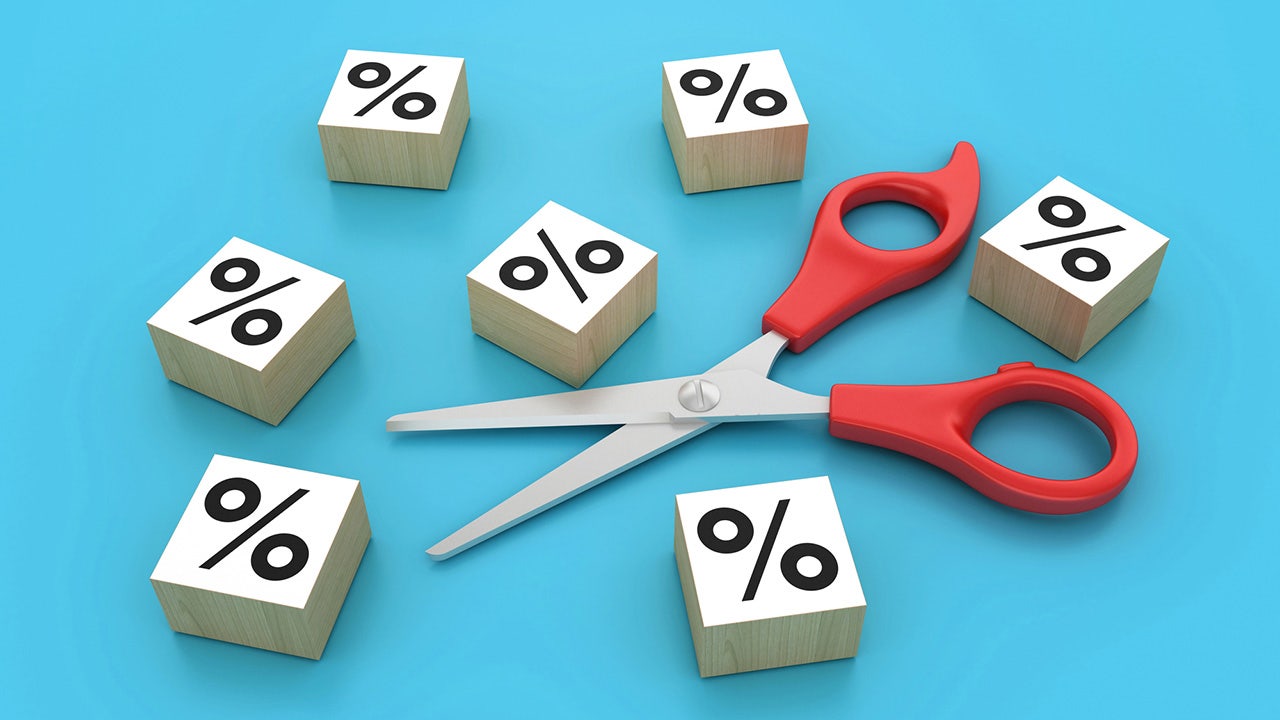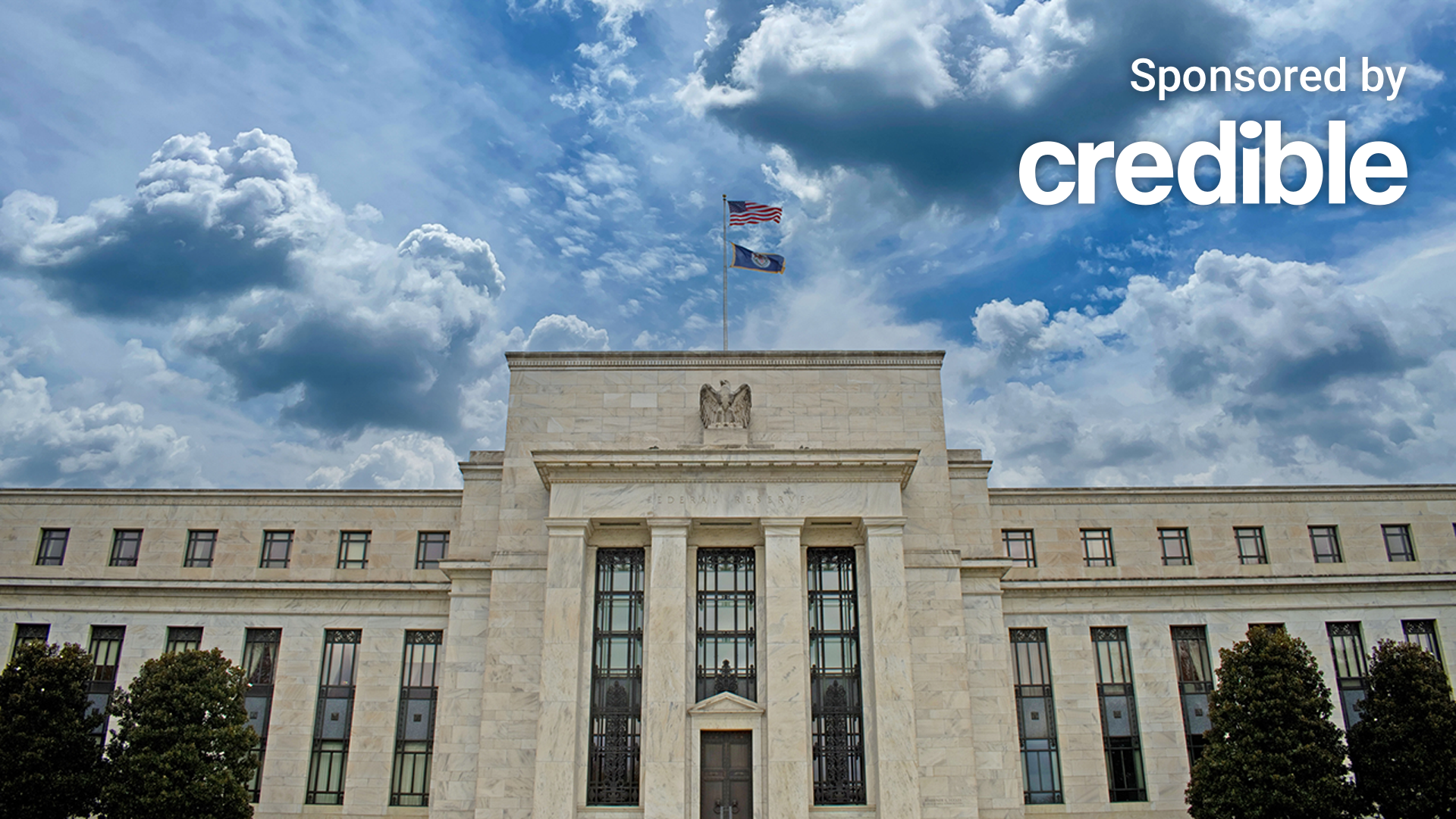Affirm co-founder and CEO Max Levchin says the company is in “very good shape” on “The Claman Countdown.”
It’s important to put money away for retirement — and 22% of American adults said not starting this practice early enough caused them the most financial regret.
Bankrate reported this to be the case as part of a recently released survey YouGov conducted on its behalf from July 16 to 18 using a non-probability sample of 2,355 U.S. adults, which more broadly found that 77% experience some form of financial regret has.
The 22% figure reflected regret over not having started saving money for retirement early enough, the financial regret that weighed most heavily on Americans, according to the survey.
THE NUMBER OF 401(K) MILLIONAIRES HAS REACHED A NEW RECORD HIGH
Bankrate said this particular issue has emerged as the biggest financial regret “in six out of seven years of polling.”

Someone puts money in a pot for retirement savings. (iStock / iStock)
Earlier this year, the amount of money Americans think they need to retire “comfortably” was $1.46 million, according to a report from Northwestern Mutual.
The April report shows that American adults have set aside an average of $88,400 for their Golden Years so far. That meant they had an average of $1.37 million left to save to reach the “magic” retirement number.
THE ‘MAGIC NUMBER’ TO RETIRE IN COMFORT, HAS A NEW ALL TIME HIGH
Meanwhile, Bankrate said that among the top financial regrets, not building a sufficient emergency fund and accumulating too much credit card debt were also ranked as major problems by double-digit percentages of U.S. adults, but not as much as retirement savings.
Eighteen percent called the former their “biggest,” while a slightly smaller share, 14%, named the latter, the survey found.

Serious adult couple calculating bills payable, checking domestic finances, middle-aged family management, budget planning, expenses, gray-haired man and woman reading bank loan documents at home (Istock / iStock)
Things like accumulating too much student debt, not saving enough for a child’s education, and buying a home beyond what is currently available financially haunted 5%, 4%, and 2% of American adults, respectively. In the case of another 12% with financial regret, “something else” made them feel the worst, according to Bankrate.
Just under two-thirds of Americans who harbor financial regret have worked to improve the situation that made them feel that way, reporting “some” or “significant” progress in the past year, the survey found.
On the other hand, 40% have made no progress.
Respondents cited several things that hindered their efforts over the past 12 months to work on their financial regrets.
For 45% of financially sorry Americans, inflation or high prices hurt their progress the most, according to Bankrate. That was 27 percentage points higher than the employment situation pointed out by 18% of people. High interest rates, family dynamics and other factors also created challenges, the survey found.

Young woman with braided hair sits at the table and looks at her smartphone. Paying bills on the phone, checking her finances through the phone app. The millennial generation is using new and improved ways to manage money. Everything can be done via the p (iStock / iStock)
“Don’t expect an overnight fix,” Greg McBride, Bankrate’s chief financial analyst, said in a statement about the high prices. “Inflation is decreasing, but that does not mean prices are falling, just that they are not rising as quickly.”
INFLATION RISE BY 2.9% IN JULY, LESS THAN EXPECTED
In July, the most recent month for which data are available, inflation as measured by the consumer price index rose 0.2% month-on-month and 2.9% year-on-year.
And while most Americans harbor financial regrets, the Bankrate survey also revealed how many people do not: 18%.
Megan Henney contributed to this report.











